The Climate Run: Lucy Edward’s 400km mission
I chatted with the planner, blogger, fundraiser, and runner of the Climate Run last week. Lucy Edwards is a proud Kiwi, seemingly-proud lawyer and could be the fittest New Zealander on the planet.

Her plan was simple: help raise awareness about the contemporary effects of human-induced climate change. How? By running past some of those effects on her way back home. With a dodgy foot — and egged on by her non-running London pal Rosa Winter — she set out from London for Auckland via spots as diverse as Kosovo, Kiribati and Alaska. This is a glimpse into her inspirational journey, but if you’re wanting the trip in full, start from the beginning at the Climate Run:
1. Fill us in on the genesis of a) your passion for climate change and b) the climate run itself?
So I’ve always worked in the environmental sphere, but often with big development-focussed clients where climate change policy is always seen as a barrier to development or this niggly thing in the background. It was quite concerning that it was seen as another piece of red tape rather than the huge issue it is. I also did some work for ‘Gen Zero‘ back when I started at my first law job. That was when I started looking more and more into what climate change was and its effects. I realised it was just not being discussed enough in New Zealand, and as one of the greatest issues that humanity will face, I was confused as to why NZ was so inactive.
Part of that inaction has probably been prompted because a lot of my friends, while passionate about safeguarding the environment, have this huge disconnect between climate change and the effects of climate change. People can pour over reports, graphs, numbers or terminology, but that often gets lost on the everyday person.
“I wanted to explore the effects of climate change occurring right now all around the world, and relate this back in a digestible way that was hopefully slightly amusing and where I could sandwich facts between a bit of banter”
The run idea itself came about because I needed to be in the environment that I was talking about, as well as try and complete a challenge that was going to be tough.
2. How did people react when you suggested doing it?
The support I got for the run was amazing. Apart from the one trolling event throughout the whole thing, everyone was incredibly supportive. My parents initially said it was ridiculous which was the confirmation I needed to actually do it. It couldn’t have been one of those easy things that people were just going to roll their eyes at. Friends (like Estee Mathias) met me in the most outrageous places — like on a Tuesday afternoon in Kosovo haha.
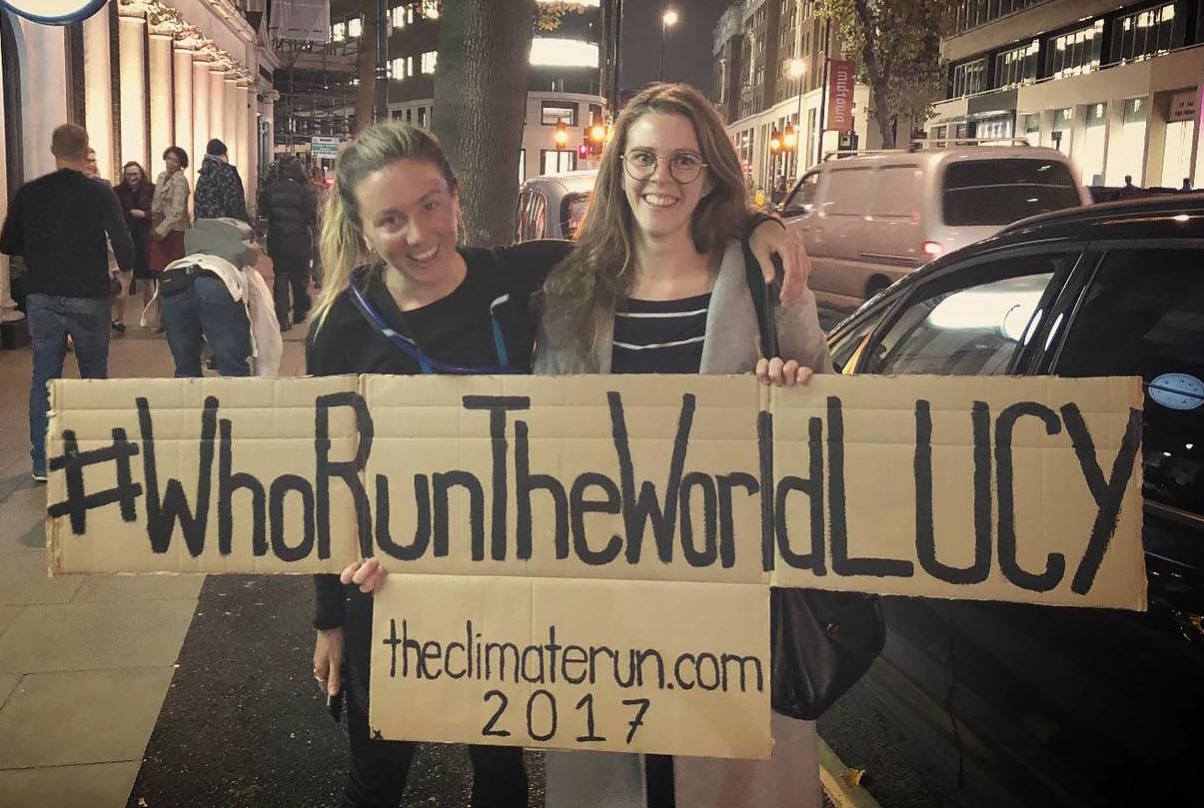
Lucy, mid-run, with one of her supporters.
3. In hindsight, what were the four places and/or four moments that stuck with you from the trip?
i) One of the biggest was when I met up with this guy, Josue Sanabriiz, who is part of the Coca tribe in Mezcala, which is on the border of Lake Chapala (Mexico’s largest freshwater lake). Coca was this indigenous tribe with a strong connection to the lake which only a few years back, had land the size of Washington D.C submerged around it. So in broken Spanish, I’d question him on climate change but every time he’d bring it back to the simple issues: “Yea yea, but the big issue is that this lake is contaminated and the fish are being poisoned and we’re getting sick because we’re ingesting these fish”.
The thing I pulled from it is that everything is so interconnected. Climate change can be put down as just one cause but if the government actually had a climate policy in place, there’s so many co-benefits that’d help other parts of the environment too. It also reminded me, you shouldn’t just hone in on the climate issue either. It’s the environment as a wider issue as well.
ii) Another was that the voice in a lot of the climate justice / bringing-governments-to-account type cases going on around the world are fronted by children. I talk specifically about the ‘Portugal forest fires case’ where a group of school children are taking 47 European governments to court saying that they’re endangering their future. And there’s this similar case in the US called ‘Juliana’ that was heard in December 2017 — the decision is coming out soon. All these groups of children are coming out attempting to hold their governments to account. I think that’s really important because the voice that is never heard is their children’s children or their children’s children’s children — the ones that will be alive when the worst effects of climate change come into play. I think that’s really cool and believe that the older generation needs to wake up to it a bit more!
iii) There was a quote that stuck out too when we were in Kiribati — it was one of those light bulb moments. The children used to walk this path to school and now there is a lagoon, remember these are all very low-lying islands where the seawater is seeping in all over the place. Something like:
“People come and go and see the effects in a photographed moment and then leave again… but it’s not until you’re actually living here getting your feet wet that you really notice the difference”
iv) And then, the last one. In Alaska, I was talking to a man. His grandmother was living up in Nome and they are still pretty old-school… Still hunting and gathering etc. He was saying that last year was the first year ever all the ice melted, so they couldn’t get onto the ice to hunt or fish. There was a real shortage of food. It was the first time in all her 90 years that she’d seen the ice completely melt.
There were lots of these real life moments. You can read books and things but actually hearing these stories on the ground was really cool. People also relate to that side of it a lot more.
4. I’ve personally tended to steer clear of writing about contemporary climate effects largely because of the difficulty of causation. Is this wrong-headed given we need to communicate the tangible effects of climate change to people now?
This is really good question and it’s something I’ve struggled with. I made it really clear from the first article I wrote — and tried to reiterate it wherever I could — climate change is not the direct cause of any of the effects that I was discussing. It is a contributor or a multiplier and it makes effects far more severe or intense or frequent. It’s hard because I don’t think we’ll ever be at the stage where we can say climate change directly caused X, Y and Z. For example, I put carbon into the atmosphere, that then heats the globe, that can then — in combination with a number of other atmospheric conditions — make a hurricane more intense. There is no way you can directly say that climate change caused that hurricane or contributed to its intensity. But there’s now compelling enough research that can pinpoint climate change as a direct contributor. That’s what I tried to do and that’s hopefully what I got across.
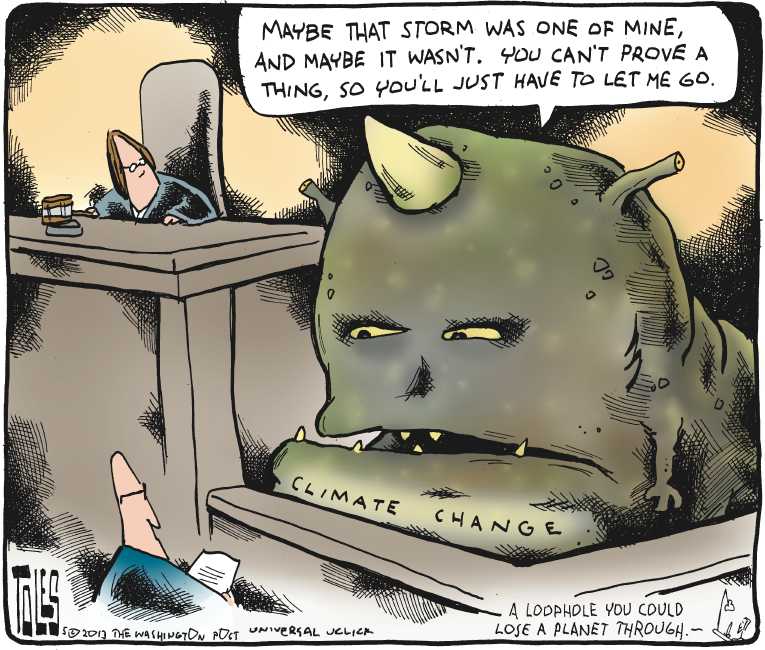
Maybe, maybe not? (Source: Tom Toles)
And that brings me back to your question before in terms of trolling. That was to do with the climate wars blog… They came to me and said: “That’s ridiculous. Climate change did not cause the war in Syria.” I replied, “I’ve never said that climate change caused the war in Syria. It possibly contributed to a drought, which possibly then contributed to civil unrest”. People always have to boil it down to the most simplified answer.
I think it’s one of those things; we try and be so safe. Because with every single effect or every point you make there’s that opposing point that goes against what you’re saying. I think being scared of that is a real issue for any contemporary global problem because you’re afraid to speak out as there’s always someone opposing you.
“Someone at Climate Central once drew an analogy between climate change and smoking causing lung cancer: You know the risk factors are there… the disease processes are understood and even if you can’t determine definitively why a single person got sick, the trends and evidence are clear”
5. Some commentators say “Individual behavioural change is ecologically futile but politically necessary”. Would you agree with this? What would be your advice to someone who wants to make a real difference around human-induced climate change?
I completely agree it’s necessary. Even the Friends of the Earth ‘Big Ask Campaign’ to introduce climate legislation in the UK [leading up to their Climate Change Act 2008]. That couldn’t have been achieved without the political will of a whole set of individuals banding together.
It’s really necessary in terms of individuals thinking collectively and individually on climate change.
People always ask, “What can I do on climate change?” Everyone knows the let’s recycle, let’s save energy, let’s use our car less. But I hold the view that individual change is not going to be enough, instead, we need to speak up and look at what you can do in your sphere of influence. We’ve had so many individuals look to what they’re good at and what they can do to make a difference. As you said before, it is an economic, a social, and an environmental issue.
For example, we had those New Zealand guys who started Trump Forest. They started as a social media campaign to plant trees to offset Trump’s ignorance, we’ve also got fashion labels and brands (e.g. Sustainable Caps), we’ve also got that Hamilton woman, Sarah Thompson, who took the NZ government to court to hold them to account. It’s looking at your specific attributes and asking, what can you do to make a difference.
My two main points would be:
- Stop making excuses. You know, I’ll start reusing plastic bags when I get into a routine or, oh, when I buy that bike. There’s always a future you who will act sustainably.
- It’s stop making excuses, and yeah, start acting.
6. New Zealand’s Zero Carbon Act looks odds on to pass into legislation towards the end of the year thanks to Generation Zero and supporting acts like yourself. Where do you think their attention needs to go once this thing passes (assuming it gets cross-party support)?
When this thing gets passed, it will act as a framework to embed binding targets into law, and also create a climate commission. But the actual policies, the way we’re going to achieve these 2030, 2050 targets, that’s going to be looking to all industry and sectors to contribute. It’s going to hit home soon because a lot of sectors are waiving the sustainability wand, and picking all this low-hanging fruit (e.g. turning off the lights). But there’s still a huge gap between that and what we need to achieve. New tech won’t save us. It’s sort of like saying we’ll do all this but the next 50% will be a miracle.
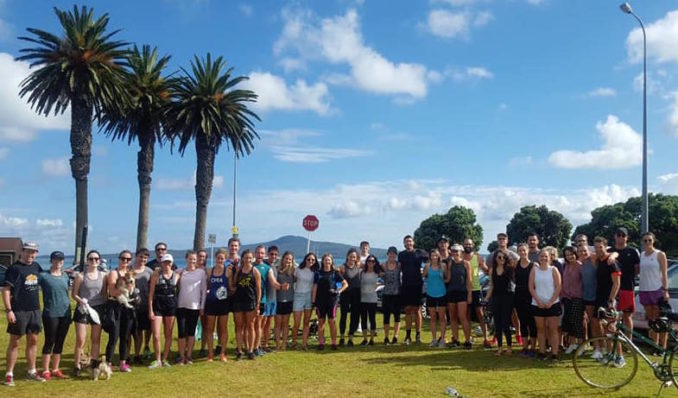
Lucy’s last run in Auckland, New Zealand, drew a crowd (Source: Generation Zero)
7. The zeitgeist seems to be moving, but all to slowly on climate change. Would you do something similar again to accelerate this inevitable but slow-moving social movement?
Yea, definitely. I’m looking to the next thing that I want to do that will hopefully continue raising awareness or continue using whatever limited skills I have to make a difference. A group of people actually got in touch recently from Salem, Oregon. They want to do a climate run based on what I did in August, this year!
What I did needed no backing or the creating of anything new. But it seems to have caught on and other people will hopefully follow suit. Who knows what’s going to be in the future, but yeah, hopefully I’ll come up with something.
___
Thanks to 106 donors, Lucy raised a total of $7,680.01 for Generation Zero, New Zealand’s leading youth-led political organisation, and catalyst behind the Zero Carbon Act.
Lucy offsetted her flight emissions through Climate Care.
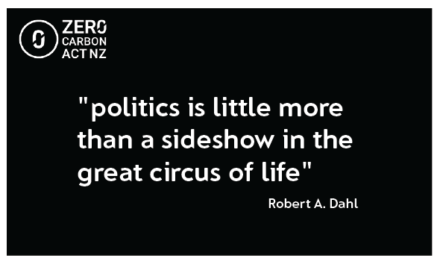
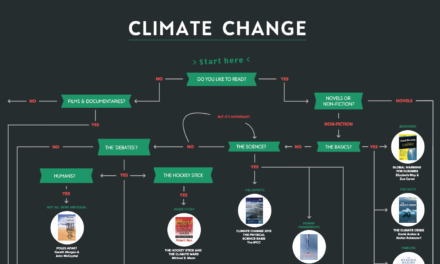
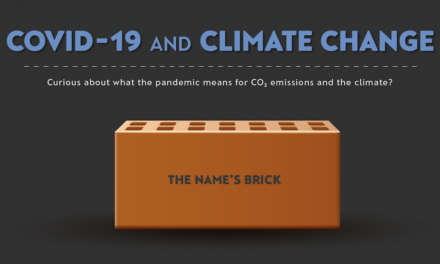
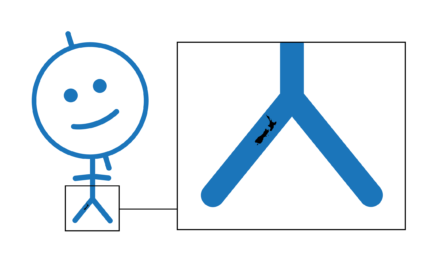
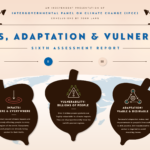
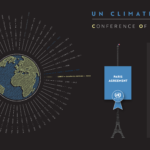
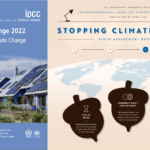
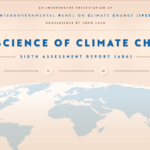
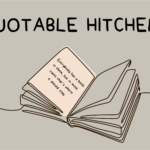
Thank you! Me too (: